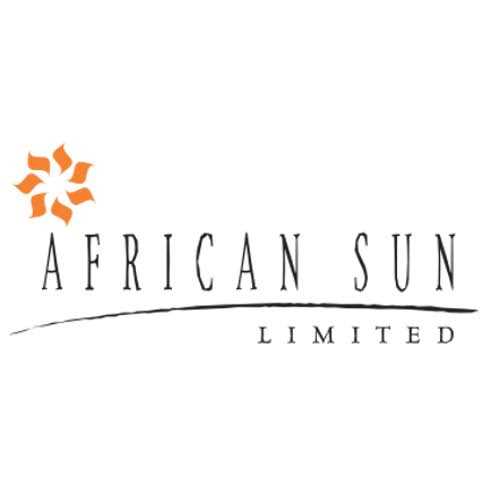
Audrey Galawu
Assistant Editor
In the first half of 2024, Unifreight Africa has prioritised fleet expansion, particularly in cross-border operations. The goal is ambitious to have 100 assets operational across borders by the end of the year.
Achieving this target is expected to enhance capacity and solidify the company’s market position in the region.
A notable highlight in operational performance is the significant growth in the volumes of key commodities transported, particularly in the tobacco sector, which saw a marked increase compared to the same period last year.
Partnerships with major clients such as Delta, Triangle, Unilever, and Nestlé have bolstered the company’s service standards and expanded its distribution network.
“Looking ahead, we remain cautiously optimistic about the second half of the year. Our focus will continue to drive revenue growth through increased capacity and enhanced service offerings. We are also exploring new revenue streams and opportunities to diversify our customer base further.
“This includes a new 4PL SBU which will sub-contract excess volume to 3rd party transporters in the region. While the macroeconomic environment remains uncertain, we are confident that our strategic initiatives, combined with the dedication of our team, will enable us to navigate these challenges effectively,” said group chairman Peter Annesley.
Related Stories
Despite these advancements, the company has faced challenges. The fluctuating nature of the Zimbabwe Gold, coupled with high inflation rates and restrictive monetary policies, has strained liquidity and cost structures throughout the industry.
Nevertheless, Unifreight has maintained its operational momentum through prudent financial management and strategic cost control.
Unifreight's financial results for the half-year period, now denominated in Zimbabwe Gold due to recent currency changes, reflect the organisation's resilience amidst economic headwinds.
The company's total revenue reached ZWG$164 million, remaining flat year-on-year as subdued market demand followed the introduction of the ZWG.
However, profit before tax reached ZWG$20 million, an 11% increase over the previous year, largely attributed to a 43% rise in tobacco-related business.
Unfortunately, other operating income was down 87% compared to the prior year due to the absence of investment property revaluations at the half-year mark.
Total comprehensive income fell to ZWG$81.6 million, a 60% decrease compared to the previous year. This decline was largely a result of the lack of asset revaluations, leading to a negative movement of ZWG$8 million in other comprehensive income.
Despite these setbacks, the company's net asset value rose by 19% to ZWG$357 million, indicating a relatively positive performance over the six-month period.


















Leave Comments